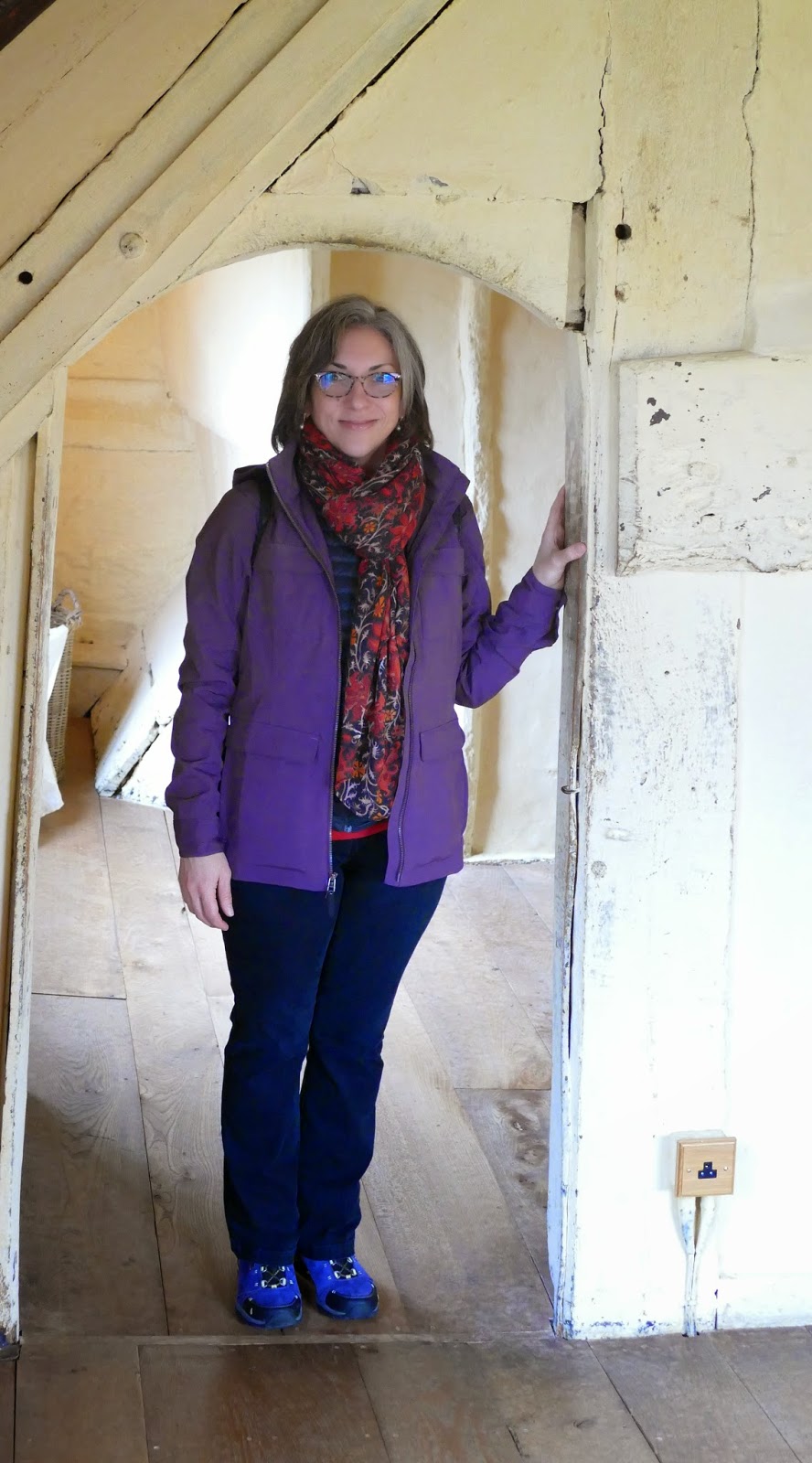I think this is good. But I wish they also took the opportunity of this change to also start using gold for the Leacock Medal for Humour instead of silver.
Emanuel
Hahn, a sculptor of discs in precious metal, crafted the Leacock medallion in
1947. He had a fondness for silver, given that his fame had come from
work on Canada’s canoe-bearing dollar and other silvery coins.
 |
| Me with Hahn's original Leacock Medal Cast |
My
approach would, for example, lighten the male-heavy list of Leacock Medalists
with the names of women writers like recent nominees Jane Christmas, Zarqa Nawaz, Patricia Pearson, Susan Juby, Robin Michele Levy, Rupinder Gill, Shari Lapeña, Kathyrn Borel, and Lynn Coady and other greats
like Sandra Shamas, Miriam Toews, Susan Musgrave, Christie Blatchford, Sheree Fitch, and yes, Margaret Atwood and Carol Shields.
Throw
in past also-ran males like Roy MacGregor and Douglas Coupland, you would elevate the Leacock Medal by association and, at the same time, show how rich our
national humour writing base really is.
 |
| One of Charlie's Three Finalists |
Ok,
I am partial to him, in part, because he devoted much of his humorous life to my
town’s daily paper the Ottawa Citizen. He also polished the pages of MacLean’s
magazine and other renowned publications as well as producing that string of
Leacock Medal short list books.
For
over forty-years, Charley has been making Canadians smile, laugh, and think.
 |
| A Great Analysis of Sarah Binks |
“Man,
if I could write like that about the other Leacock winners, my book would
rock,” I thought.
About a year ago, Charley and I shared bacon and eggs under the pink sign at Kristy’s
Restaurant on Richmond Road in Westboro.
He
was as just as funny, modest, and generous as his many admirers claim, and he
struck me with his ability to turn the conversation away from his own works and
onto those of others. One of those
others was his sister Alison, a two-time shortlisted and should-have been a
silver medalist Leacock nominee and a pioneering woman sports reporter. She passed away in 2015, and Charley had
just returned from her memorial service when we made contact.
Of the winning Leacock Medalists, Charley said he liked fellow journalist George Bain.
“I
first started following Bain when I was in university in the late 50s, and he
was writing as Washington correspondent for the Globe and Mail,” Charles Gordon
told me. “His political humour was informed by a real grasp of what was going
on – not the unsual stuff about politicians being stupid or corrupt – and he
had a playfulness in his use of words and a self-deprecating tone - like in his
book I’ve been Around and Around and
Around and Around.”
George
Bain wrote lots of books and political columns, many humorous. But he won the Leacock Medal for a parody of
a children’s book of verses with instructions for their parents, Nursery Rhymes to be read aloud by Young Parents of Old Children.
“It
was innovative, but others have done similar things,” Charley said. “I recall
Allen Abel’s funny Christmas carols in the Globe were like that.”
 |
| 1986 - Finalist |
In
response to my probing on the humour-writing craft, Gordon said that you have
to start by knowing yourself.
“You
can’t write rough-edged satire if you are not rough-edged yourself,” he said.
“And you shouldn’t be trying to suck up to your readers – the best joke is one
the reader has to figure out for him or herself.”
Charley added that he believed you can only learn by doing, reading carefully, trying
to figure out what makes you laugh and why, and then trying to copy it.
This
insight left me cheered as it was kind of what I tried to do with my book.
It also made me more convinced than ever that the Leacock Associates should have used gold not silver.
It also made me more convinced than ever that the Leacock Associates should have used gold not silver.
DBD
January 2016











